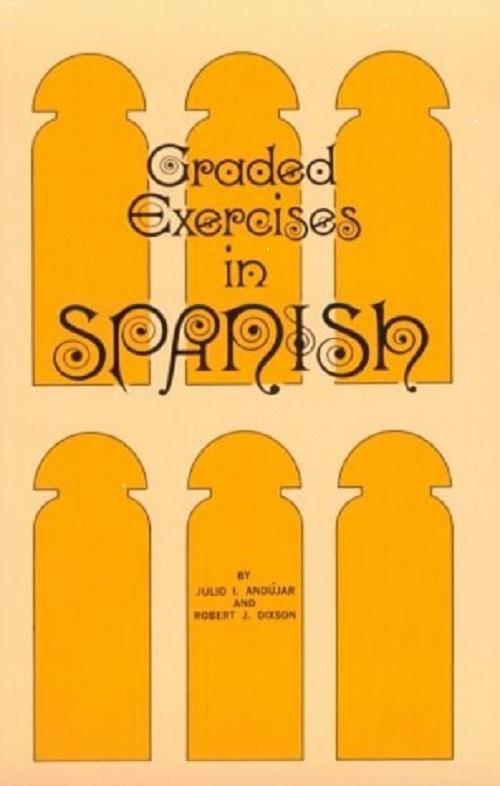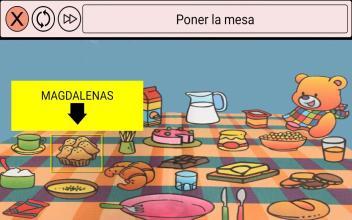500 AR Verbs in Spanish: A Comprehensive Guide for Language Learners
Learning Spanish can be an exciting journey, and one of the most crucial aspects of mastering any language is understanding its verbs. Spanish verbs are essential for forming sentences and expressing actions, emotions, and states. In this article, we will delve into 500 AR verbs in Spanish, providing you with a detailed and multi-dimensional introduction to help you enhance your language skills.
What are AR Verbs?

AR verbs are a group of Spanish verbs that end in -ar. They are the most common type of verb in the Spanish language and are used to express actions, habits, and states. AR verbs are irregular, meaning that their conjugations change according to the subject pronoun and the tense.
Conjugating AR Verbs

Conjugating AR verbs can be challenging, especially for beginners. However, with practice and dedication, you can master the art of conjugating these verbs. Below is a table showing the conjugations of the AR verb “hablar” (to talk) in the present indicative tense:
| Subject Pronoun | Conjugation |
|---|---|
| T煤 | Hablas |
| 脡l / Ella / Usted | Habla |
| Nosotros / Nosotras | Hablamos |
| Ustedes / Vosotros / Vosotras | Hablan |
As you can see, the conjugation of AR verbs depends on the subject pronoun. To conjugate other AR verbs, you can use a conjugation chart or a verb conjugator online.
Common AR Verbs

Here are some common AR verbs in Spanish that you should be familiar with:
- Comer (to eat)
- Beber (to drink)
- Ver (to see)
- Escuchar (to listen)
- Leer (to read)
- Escribir (to write)
- Conocer (to know)
- Aprender (to learn)
- Trabajar (to work)
- Viajar (to travel)
Using AR Verbs in Sentences
Now that you have learned some common AR verbs, it’s time to practice using them in sentences. Here are a few examples:
- T煤 comes una manzana? (Do you eat an apple?)
- 脡l bebe caf茅 por la ma帽ana. (He drinks coffee in the morning.)
- Nosotros hablamos espa帽ol todos los d铆as. (We speak Spanish every day.)
- Ustedes viajan al extranjero con frecuencia? (Do you travel abroad frequently?)
Practice and Resources
Learning AR verbs in Spanish requires consistent practice. Here are some resources and tips to help you improve your skills:
- Flashcards: Create flashcards with the verb and its conjugations to memorize them.
- Verb conjugation charts: Use a conjugation







